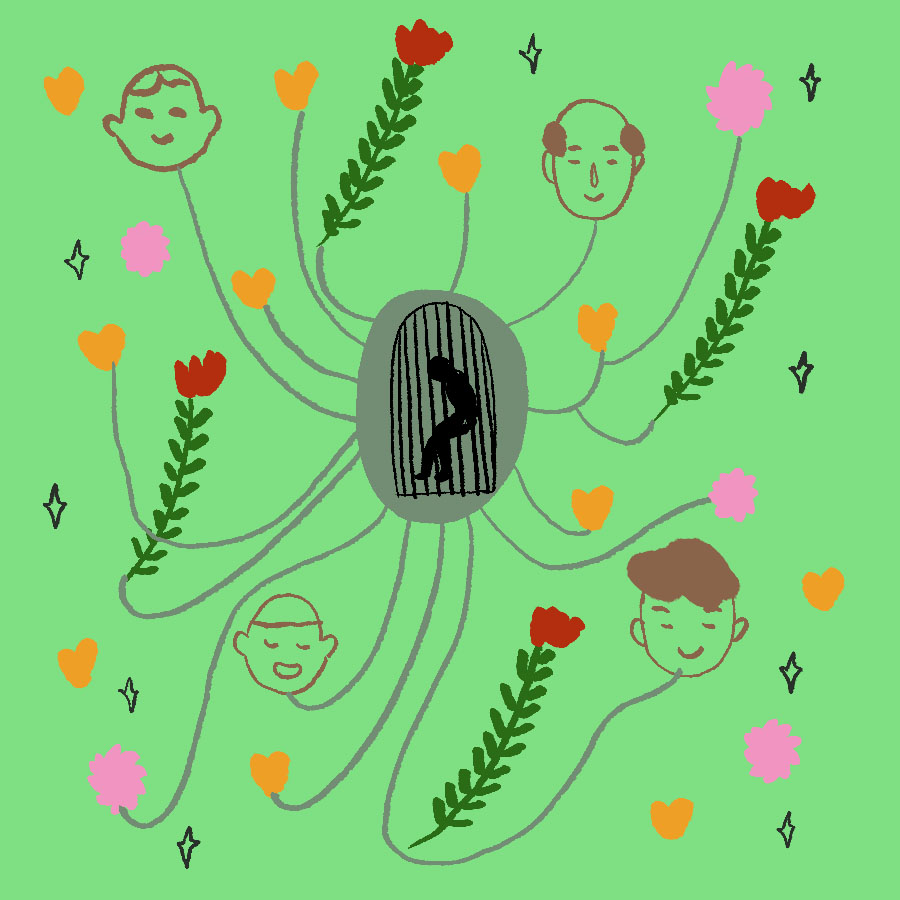
The story opens with the depiction of a perfect city Omelas, brilliant transcend via ocean and residents commending celebrations. Very often in our art, the art of words.The tale of ‘The One who leaves Omelas’ is composed by Ursula K. Resistance and change often begin in art. Any human power can be resisted and changed by human beings. “We live in capitalism, its power seems inescapable-but then, so did the divine right of kings. This story reminded me of something I remembered Le Guin saying, when accepting an award in 2014. We can simply “keep walking”-and even if we never get there, we can know where we are going. There’s something so beautifully radical about this idea-that we may know when something is wrong, and reject it without extended calculations about the feasibility of something better. But they seem to know where they are going…”

They simply “walk away from Omelas.” “The place they go towards is a place even less imaginable to most of us than the city of happiness. But others unconditionally reject a life predicated on the suffering of another, though they may be uncertain about the alternatives. The narrator will simply tell us that some accept the bargain, with thin rationalizations (“it is too degraded and imbecile to know any real joy…”). The narrator is detached, neutral, now, as if watching for our reaction. Is this peaceful, happy life necessarily “hideous”, as James insists? That’s left up to the reader. She makes us want it before she asks us whether we can give it up. What Le Guin has been able to add to James’s thought experiment, among other things, is to extend and adorn the vision of what has been purchased before she shows us the price. She seems to stress that the child could have been any of us-the child “has not always lived in the tool room, and can remember sunlight and its mother’s voice”, and it mirrors the child with the wooden flute, or at least they are the same age. Le Guin’s portrait of the child in the basement is utterly grim and unsparing. “A child of nine or ten sits at the edge of the crowd, alone, playing on a wooden flute….” Then comes the turn: “Do you believe? Do you accept the festival, the city, the joy? No? Then let me describe one more thing.” If this place is an archetype rather than a definite fictional setting-what exactly are Le Guin’s intentions with it?īefore the narrator reveals her hand, she returns to concrete description. “With a clamor of bells that set the swallows soaring, the Festival of Summer came to the city Omelas, bright-towered by the sea.” The expectations Le Guin has set up with her opening line have been shattered, and the reader now has some questions. There is a subtle dramatic purpose to Le Guin’s transition from confident, eyewitness physical detail to this playful ambiguity. Perhaps it would be best if you imagined it as your own fancy bids, assuming it will rise to the occasion, for certainly I cannot suit you all.” Omelas sounds in my words like a city in a fairy tale, long ago and far away, once upon a time. After the panoramic description of the opening paragraph (from bell towers to harbor to racecourse and back), she begins to point out the boundary lines of the exercise she’s set herself. But Le Guin finds a way to turn this very impossibility to her advantage. Like Heaven or Hell, we can only describe James’s utopia (or dystopia) in the broadest of strokes. Turning this philosophical thought experiment into a narrative is, in a sense, impossible.

Fourier’s and Bellamy’s and Morris’s Utopias should all be outdone and millions kept permanently happy on the one simple condition that a certain lost soul on the far-off edge of things should lead a life of lonely torture, what except a specifical and independent sort of emotion can it be which would make us immediately feel, even though an impulse arose within us to clutch at the happiness so offered, how hideous a thing would be its enjoyment when deliberately accepted as the fruit of such a bargain?” “If the hypothesis were offered us of a world in which Messrs. This seems to refer to the following (rather tortuous) sentence from James’s 1891 paper, “The Moral Philosopher and the Moral Life”: This razor-sharp Borgesian fable comes with a curious subtitle: “variations on a theme by William James”. Le Guin’s collection The Wind’s Twelve Quarters as well as The Unreal and the Real. Anthologized in The Penguin Book of the Modern Short Story, The Ones Who Walk Away From Omelas appears in Ursula K.


 0 kommentar(er)
0 kommentar(er)
